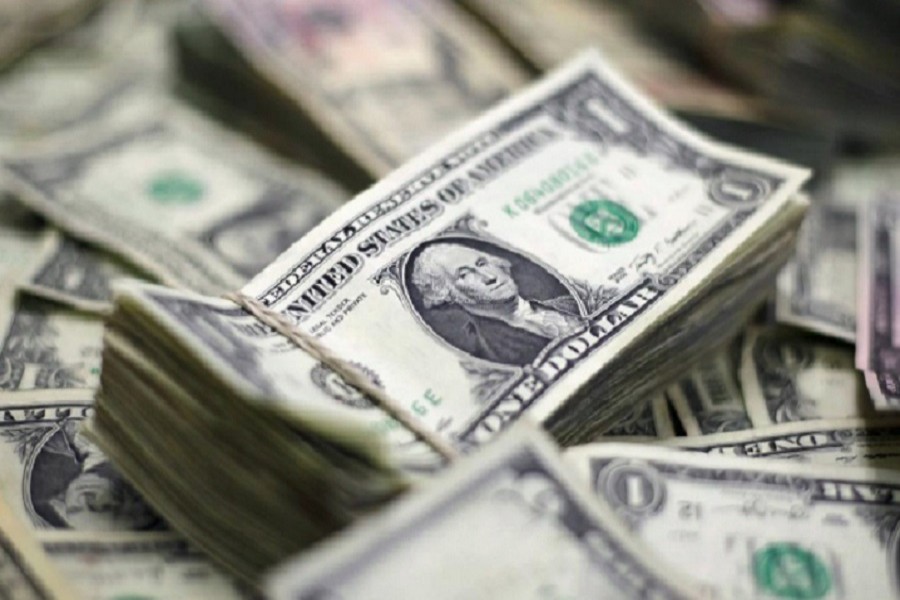The dollar edged up against the yen on Thursday, but its gains were thin as concerns over possible Western military action against Syria lent support to the safe-haven Japanese currency.
The tensions shifted some focus away from the US-China trade standoff, with the dollar inching up 0.1 per cent to 106.88 yen JPY= after losing 0.4 per cent on Wednesday. The yen often draws demand in times of market turmoil and political tension.
The dollar had risen to 107.400 yen on Tuesday after comments from Chinese President Xi Jinping calmed fears over a US-China trade war, which had gripped global financial markets over the past few weeks.
The dollar has since lost momentum against the yen, however, as focus has shifted to the possibility of wider military conflict in the Middle East.
Tensions increased after US President Donald Trump warned Russia on Wednesday of imminent military action in Syria over a suspected poison gas attack, declaring on Twitter that missiles “will be coming” and lambasting Moscow for standing by Syrian President Bashar al-Assad.
“The yen has gained against the dollar on geopolitical concerns. The dollar has weakened against other currencies as well, but other factors are more at play, such as higher commodity prices and ECB monetary policy expectations,” said Masafumi Yamamoto, chief forex strategist at Mizuho Securities in Tokyo.
“As for the Syrian tensions, divisions are seemingly being drawn along Cold War era lines with the United States, Britain and France on one side and Russia on the other, suggesting any standoff could be prolonged,” Yamamoto said.
While concerns over US-China trade tensions have eased in the wake of Xi’s comments, they haven’t gone away.
China’s commerce ministry said on Thursday trade negotiations with the United States would be impossible as Washington’s attempts at dialogue were not sincere, and vowed to retaliate should US President Donald Trump escalate current tensions.
The euro held steady at $1.2362 EUR=, stabilising after its gains over the past several sessions. The euro has gained 0.7 per cent so far this week, as comments from European Central Bank officials reinforced views that the central bank is on track to normalise monetary policy.
Commodity-linked currencies were also supported against the dollar with crude oil prices near their highest since late 2014 due to the Syria tensions. The Canadian dollar reached a seven-week high of C$1.2545 per dollar CAD=D4 on Wednesday and last traded at C$1.2592.
The Australian dollar eased 0.1 per cent to $0.7753 AUD=D4 after touching $0.7773 on Wednesday, the highest since March 22.
With attention on Syria, the US dollar did not garner much support from the Federal Reserve’s meeting minutes released on Wednesday showing all policymakers felt the US economy would gain more momentum and inflation would accelerate in the coming months.
The dollar index against a basket of six major currencies held steady at 89.570 .DXY, after having dipped on Wednesday to a two-week trough of 89.355.
The Hong Kong dollar struck a new 33-year low of 7.8500 per dollar HKD=D3 on Thursday, hitting the weakest end of the monetary authority's targeted trading band, as the interest rate gap between US dollar and Hong Kong dollar widened further.
According to Reuters, despite hitting the 7.85 level, the Hong Kong Monetary Authority (HKMA), the city’s de facto central bank, has not intervened in the market.
An HKMA spokeswoman said that as long as banks were still willing to buy the Hong Kong dollar at 7.85 in the interbank market, the HKMA might not need to immediately support the Hong Kong dollar.


